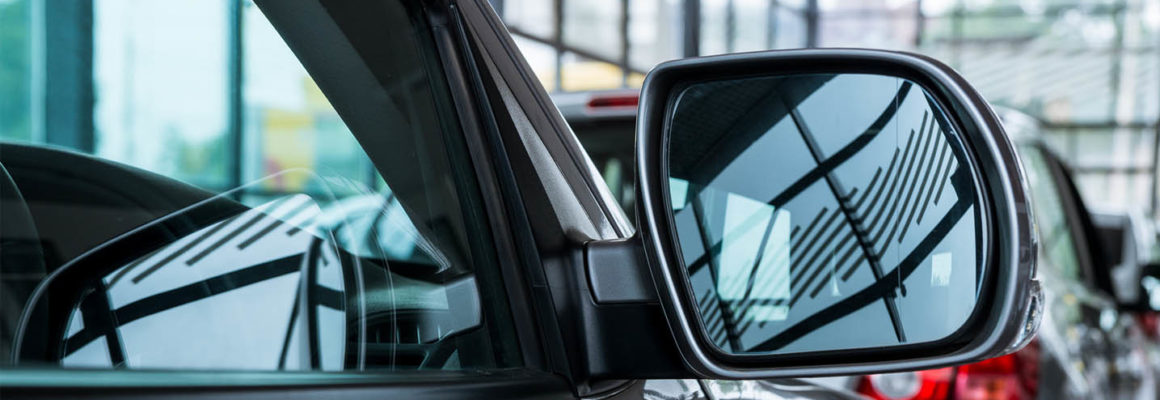Employer-provided bicycle
As of 1 January 2020 there will be a flat-rate scheme for employer-provided bicycles. An imputed income of 7% of the recommended retail price of the bicycle is proposed, in which no distinction is made between the various types of bicycles. The imputed income applies if the bicycle is made available for (part of) the commute. There is no entitlement to a tax-free allowance for any private kilometres or business kilometres travelled with the employer-provided bicycle. Similar schemes will be introduced for the entrepreneur and recipient of income from other activities.
End of BPM refund scheme
To encourage the buying of environmentally friendly cars, it is proposed to discontinue the private motor vehicle and motorcycle tax (BPM) refund scheme for taxis and public transport (OV) with effect from 1 January 2020. According to the scheme, the BPM refund is granted upon request for passenger vehicles used entirely or almost entirely for public transport or taxi services within the meaning of the Dutch Passenger Transport Act 2000. Exemption of motor vehicle tax for taxis and public transport is not being abolished. By abolishing the refund scheme, the Tax and Customs Administration’s approvals policy for certain voluntary transport projects and the BPM refund scheme are being discontinued.
Polluters are going to pay more
Environmental differentiation in the Heavy Motor Vehicles Taxation Act (Wbzm) is being updated to ensure that the more polluting heavy duty vehicles at home and abroad are going to pay more tax. The current rate will continue to apply for the cleanest heavy duty vehicles. Agreement was reached on this measure with the Eurovignette countries. The change means a further differentiation according to the EURO emission standards and an increase in rates for less clean heavy duty vehicles. The new rates enter into force as from 1 July 2019 provided that the ratification procedure has been finalized by 31 May 2019. The EURO V regulation will then be increased as from 1 January 2020. If that fails, then all new rates enter into force on 1 January 2020.
Motor Vehicles Memorandum (Implementation) Act II postponed
The surcharge for diesel engines with a fine dust emission of more than 5 milligrams per kilometre, which would have been introduced as of 1 January 2019, has been postponed. Necessary automation at the Tax and Customs Administration is only expected to be ready as of 1 January 2020.
Automatic number plate recognition
A legal basis will be provided for Automatic Number Plate Recognition (ANPR) using cameras. The Tax and Customs Administration may automatically identify number plates, in which the location, date and time are recorded. The recorded information will be used for levying and checking motor vehicle tax (MRB), such as monitoring the application of trading standards and the transitional arrangement for vintage cars. If no ‘hit’ is found for motor vehicle tax, the data must be destroyed . So it seems that ANPR cannot be used for monitoring private use of a company car.
Please note!
There are, of course, other means for the inspector to check, e.g. a kilometre log, including the help of work rotas, diaries or time recordings.






